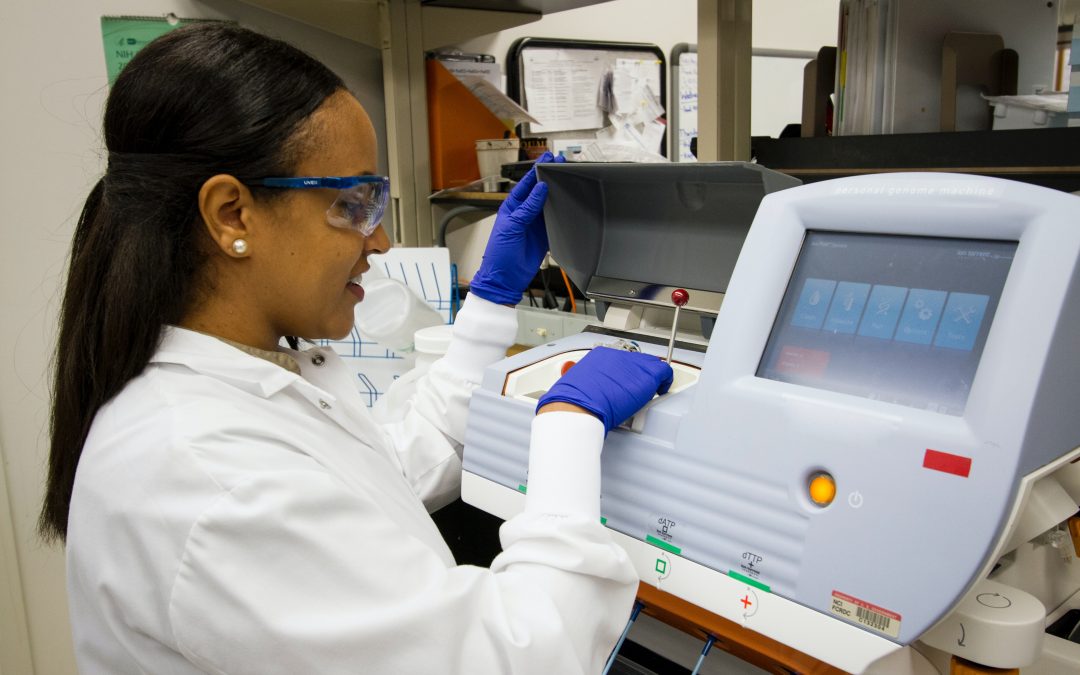New data released today during the launch of the annual G-FINDER report reveals that $3,876m in funding was invested in global health research in 2019. The COVID-19 pandemic has highlighted the importance of research in overcoming health crises and building a fairer and healthier world, but funding commitments continue to fall short of WHO-recommended levels of investment in health research.
The report, which is now in its 13th year, is the most comprehensive to date on global funding of R&D for neglected diseases like HIV & AIDS, malaria, TB, sleeping sickness, and helminth infections. Published by the global health think tank Policy Cures Research, the report provides a detailed analysis of the landscape of funding on different diseases and technologies and how funders’ investments fit into the global picture.
A focus on the European Union
The European Union’s (EU) funding for vital research into new vaccines, treatments, and diagnostic tools for neglected diseases amounted to $121m, falling behind the UK and the US as the world’s third-largest funder of research into diseases of poverty. Despite being higher than earlier years, this amount doesn’t top what the EU spent in 2018, remaining virtually the same. This news comes as the Global Health EDCTP3, the successor programme to the successful European and Developing Countries Clinical Trials Partnership (EDCTP), is under negotiation in the Council of the EU.
Since 2003, the EU and a number of European and sub-Saharan African countries have collaborated in the EDCTP, successfully addressing the unmet need for health tools against poverty-related and neglected diseases (PRNDs). The partnership, which has delivered new evidence and more effective ways to address PRNDs, has also strengthened clinical research capacity and improved regulatory environments across sub-Saharan Africa. Making sure that countries that bear the burden of PRNDs are able to shape the research agenda, and that the products meet the needs of the people most at risk is crucially important.
Will we learn?
Many of the innovations brought about through research on PRNDs in the past decade or so have helped speed up the development of tools against COVID-19. Cecile Vernant, Head of DSW’s EU office added; “We must ensure that this pandemic does not result in a reversing of progress made to tackle such diseases. Both strong political commitments, backed by ambitious financial support are needed to strengthen the fight against ongoing epidemics and the preparedness to detect, prevent and respond to disease outbreaks”.
During the launch event of the G-FINDER, Portuguese Member of Parliament Ricardo B. Leite spoke along the same lines: “Policymakers are more important than ever. We can change budgets, laws and influence policy while keeping our governments accountable. If we want to reach the SDGs by 2030 we must end the neglect”.
Investing in R&D for PRNDs saves lives, contributes to better health, educational and economic outcomes, and can help better prepare for or even prevent future outbreaks. PRNDs impose an unacceptable moral and health burden on individuals and societies, costing lives and hampering human and economic development. Collaboration is key to driving forward the essential global health innovation that is required to achieving universal health coverage, that leaves no one behind.
Read the latest G-FINDER report: “Where to now?”
Photo: © Unsplash

